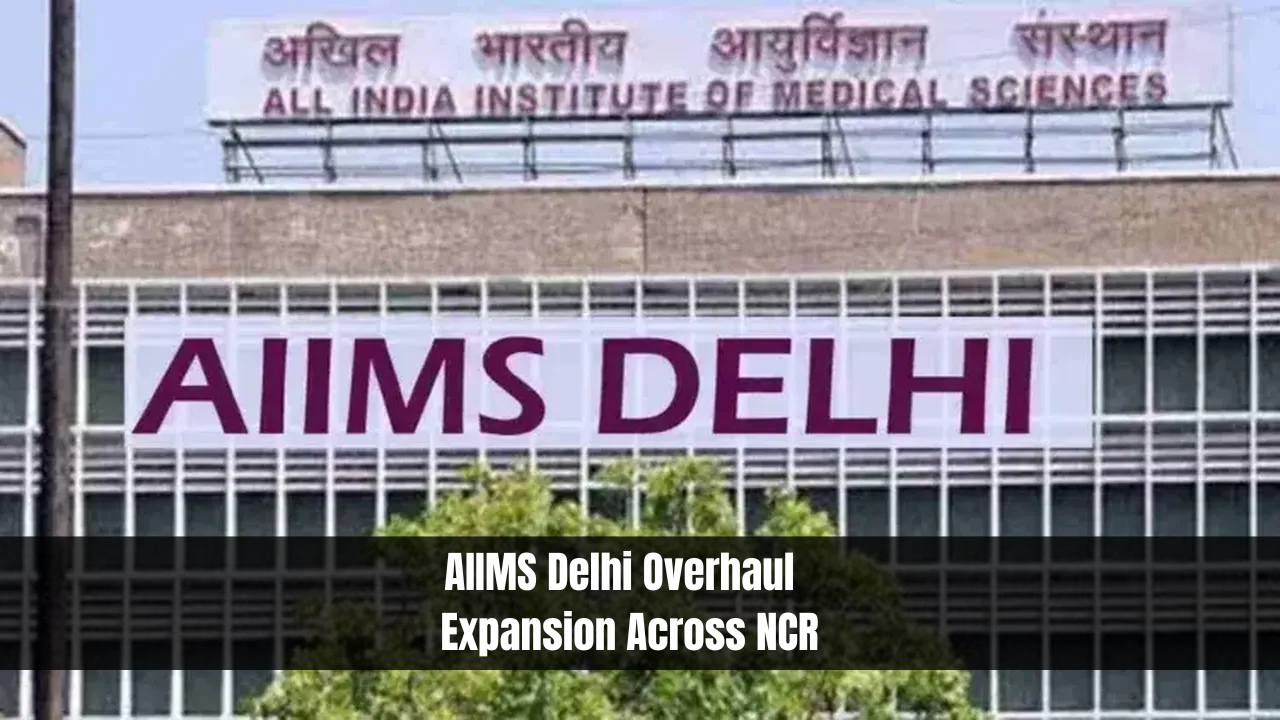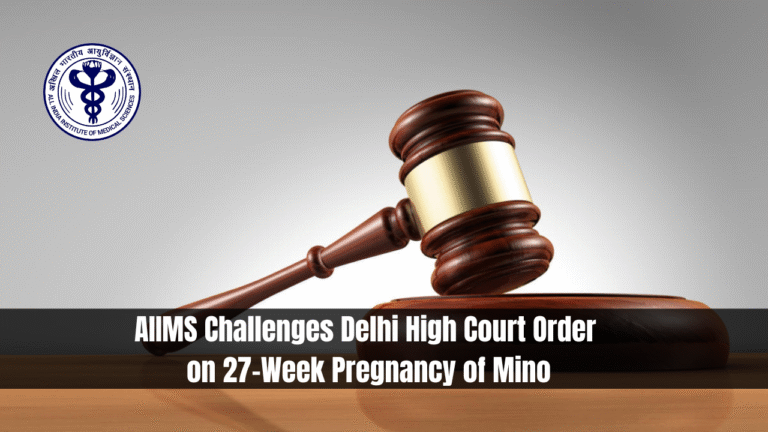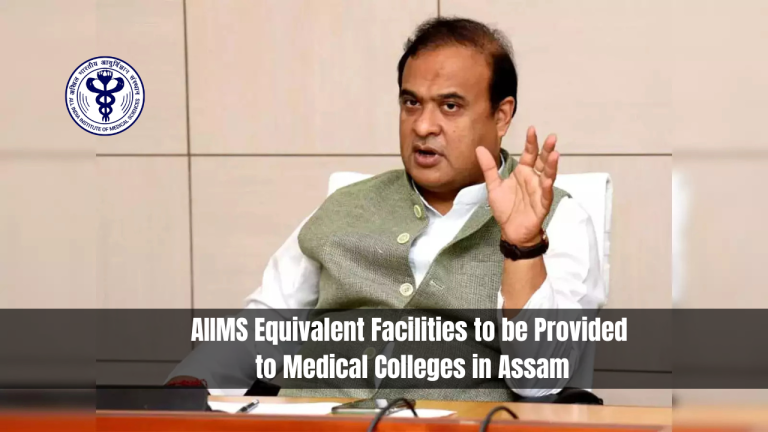AIIMS Delhi Overhaul & Expansion Across NCR
AIIMS Delhi Overhaul & Expansion Across NCR. As a country with such diversity and population, India faces a significant challenge in ensuring high-quality healthcare access. AIIMS Delhi, India’s premier medical institute, is set to undergo a historic overhaul and expansion as part of this mission. We examine the importance of this initiative, what it involves, and how it will transform healthcare in the National Capital Region (NCR) in this comprehensive article.
Why AIIMS Delhi Overhaul Matters
Today, AIIMS Delhi manages over 7,200 OPD patients and 500 emergency cases daily, a heavy load that leaves limited scope for research and innovation
Such overwhelming traffic has prompted a bold solution: an institutional overhaul aimed at decentralizing services, enhancing emergency care, and channeling routine OPD to satellite centers.
This transformation is driven by a vision to make AIIMS more efficient, research-focused, and resilient—setting a template for high-quality healthcare delivery across India.
What the Overhaul and Expansion Entails
The NITI Aayog, under the leadership of Dr VK Paul, has proposed a multi-phased reform blueprint featuring:
- Decentralised OPDs: Establish outpatient clinics in existing government/private hospital premises across NCR, easing crowding at the central campus
- Optimised Resource Use: Employ underutilised facilities to reduce capital expenditure and workload on AIIMS Delhi.
- Research & Specialty Focus: Free top doctors from routine clinical duties to focus on trauma care, complex cases, and cutting-edge research
- Quality Governance: Implement strong monitoring systems, key performance indicators (KPIs), and transparent governance to ensure top-tier healthcare delivery.
This initiative aims to elevate AIIMS Delhi’s standards to match global benchmarks, increase efficiency, and make high-quality medical care more accessible and sustainable.
Timeline & Rollout Strategy
- The committee is drawing up detailed short-, medium-, and long-term reforms, which are to be submitted to the Ministry of Health by late 2025
- Expect pilot satellite OPD centres to begin operations across NCR in phases, focusing initially on towns with existing but underutilised hospital infrastructure.
- Stricter accountability measures will accompany expansion, ensuring consistent standards and a seamless patient experience.
Transformative Impact on NCR Healthcare
- Better Access for NCR Residents: Routine consultations in satellite clinics reduce travel burden and wait times.
- Focus on Critical Care: Central AIIMS campus will pivot toward trauma response, ICU, and complex surgical care.
- Empowered Medical Research: With freed-up faculty, more funds and time can be channeled into innovation and clinical trials.
- Model for Public Healthcare: Success here could inspire similar expansions in metro regions across India.
Conclusion
The planned AIIMS Delhi overhaul and expansion marks a significant step in India’s healthcare evolution. Moving routine OPD services to satellite centres will relieve pressure, improve accessibility, and rejuvenate research at the central campus.







